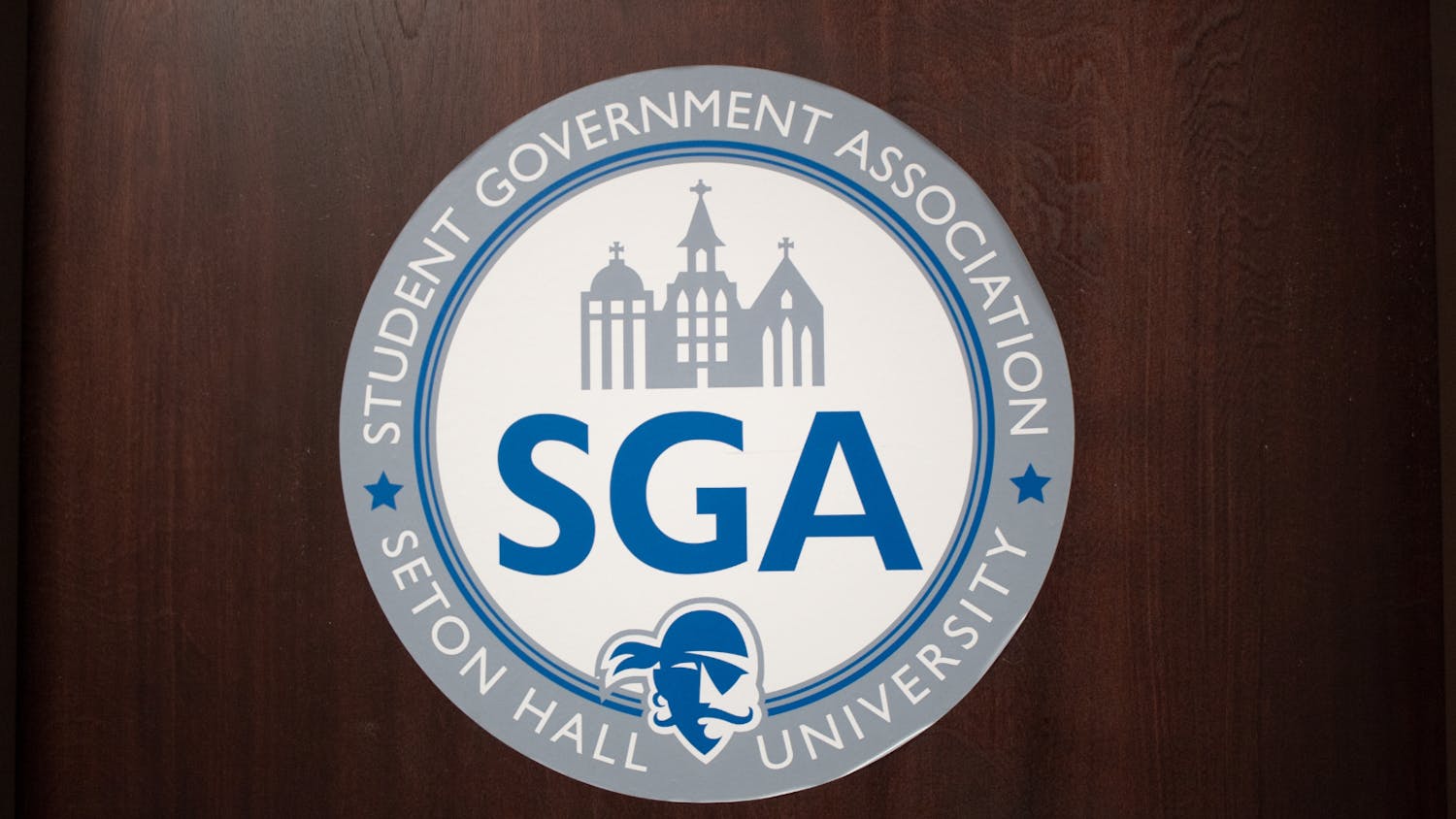Seton Hall is undergoing the Middle States Commission on Higher Education accreditation process, a peer review evaluation that ensures students are getting a good education that is on par with other institutions.
"This helps assure students that the degree for which they work so hard is recognized by employers and graduate schools said," Dr. Greg Burton, associate provost and dean for Research and Graduate Services, said.
He said the last time the University underwent this review was in 2004 and the status of Seton Hall's accreditation will be announced in June. After the previous evaluation, the Middle States Commission called for Seton Hall to "increase its activity in outcomes assessment," which, according to Burton, is the single most common recommendation given during this evaluation.
Burton said the University Assessment Center was set up as a result of the 2004 review, along with other assessment plans, policies and resources.
During the process, a peer review team visits campus s to evaluate and make recommendations for the school and then reports back to the Middle States Commission. The members recommend whether to affirm or deny the accreditation, according to Burton.
"The team that visits a university during the review process is composed of college and university faculty and administrators both from the academic side of an institution as well as Student Affairs, Business, Advancement and the like," Burton said. "Our visiting team was led by an individual with the most complex possible experience in higher education: the president of a peer college, and our own president, Dr. Esteban (A. Gabriel Esteban, Ph.D.), has also led a team that visited a different college."
Burton said the recent visit by the site team went very well.
"This visit was the culmination of years of preparation, most intensely over the past two years as Seton Hall prepared a major self-study document describing how Seton Hall meets each of the Middle States Commission's 14 standards, known as the Characteristics of Excellence," Burton said. "Dozens of our colleagues spent countless hours gathering the data for this document and refining it into an efficient, comprehensive document."
If an institution is affirmed, it will not receive a quantitative score; however, it could be accompanied by recommendations, which do not affect accreditation, from the Commission. It may also be required of an institution to provide a follow-up or monitoring report after affirmation, according to Burton.
The accreditation status of all Middle States institutions are found at www.msche.org.
Burton said the benefits of having these reviews made public are "we receive public validation of the education we provide and we receive valuable feedback about areas for improvement."
Lindsay Rittenhouse can be reached at lindsay.rittenhouse@student.shu.edu.





